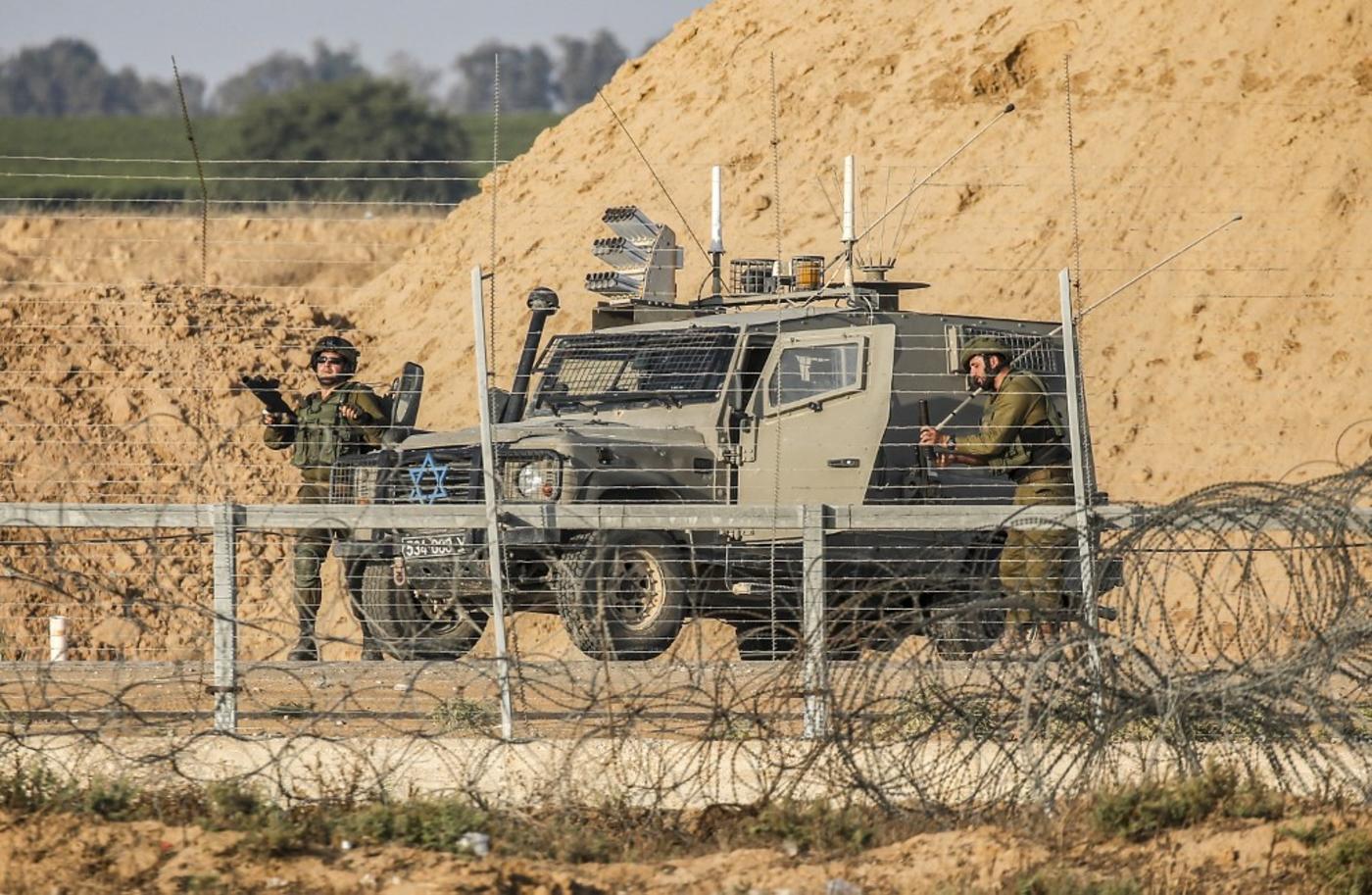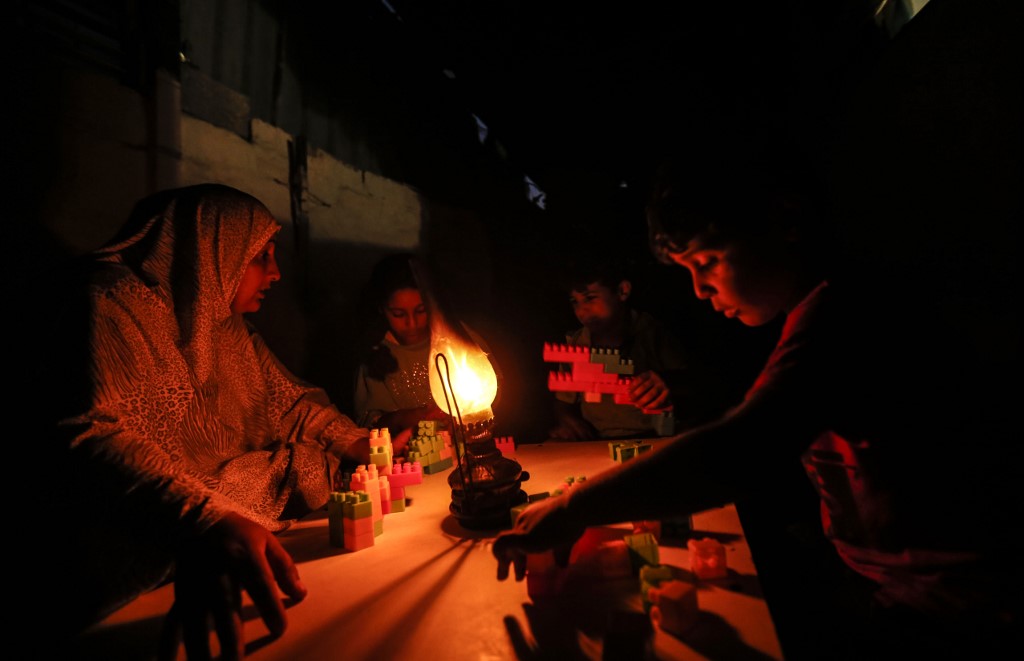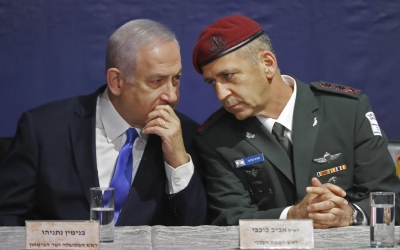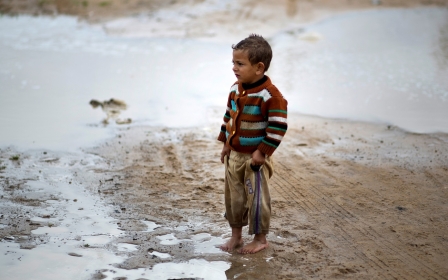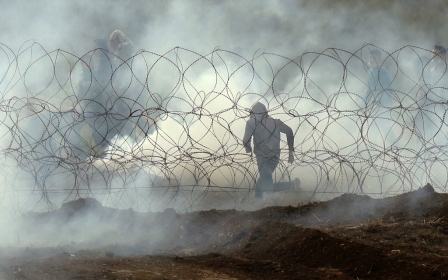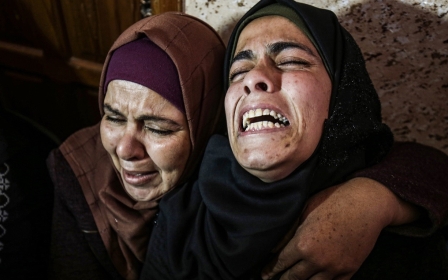Gaza 2020: Palestine's crisis deepens - and still Israel sticks to its failed policies
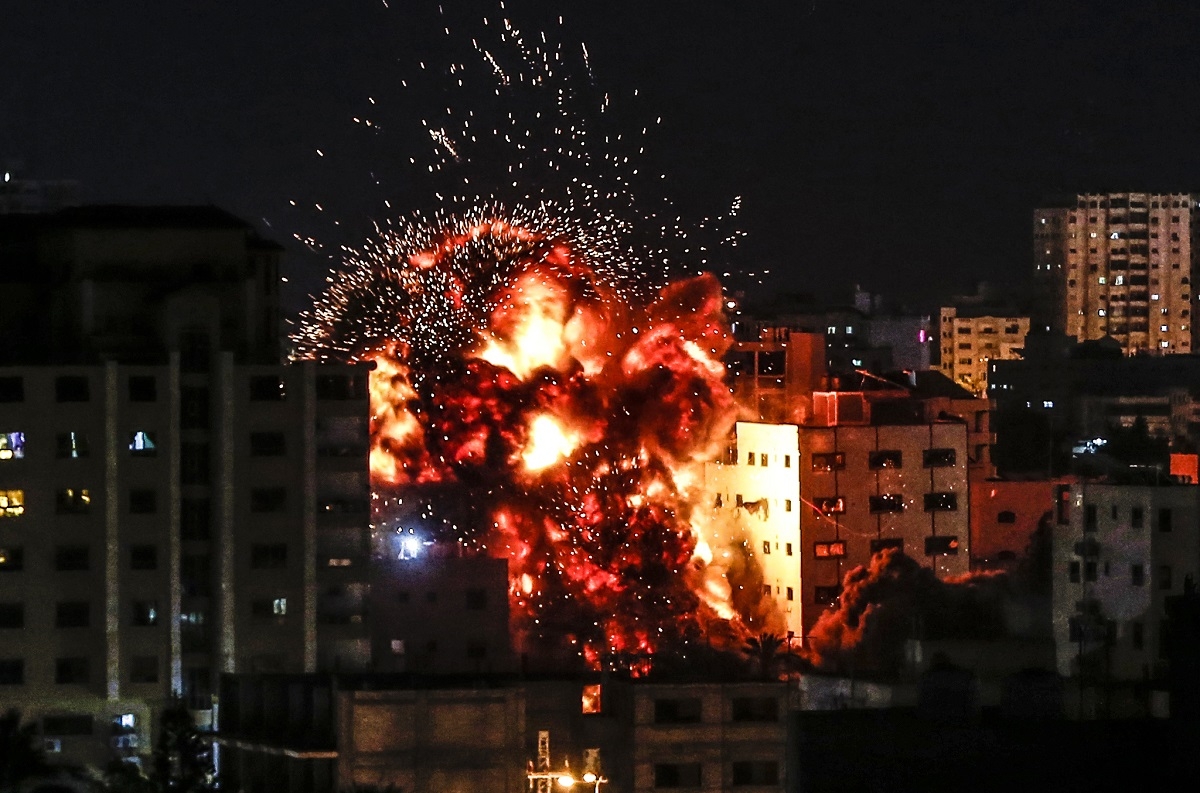
One could easily claim that the Jewish-Israeli public is largely blind and deaf to the suffering of the people of Gaza.
This moral indifference has been manifested repeatedly during the many military operations that Israel has launched on Gaza over the past decade.
Even when entire families have been wiped out by Israeli bombing, very little attention has been paid to the subject in the Hebrew media; it is not part of the public debate.
It therefore comes as no surprise that the UN warning that Gaza could become uninhabitable by 2020, now less than a month away, has failed to attract the Israeli public’s attention.
Calls for Israel to disengage
The popular attitude in Israel towards Gaza could be summarised as follows: Palestinians in Gaza have brought trouble upon themselves by electing a Hamas government. Let them pay the price of this choice.
But the issue is much more complicated. Israel is well aware that a humanitarian crisis in Gaza could affect it directly. A 2017 report published by the Institute for National Security Studies, a leading Israeli think-tank, warns that the deteriorating water and sanitation crisis in Gaza could lead to the spreading of epidemics, such as cholera, into Israel.
Political and military logic has taken precedence over all other considerations: Even fears of a total collapse in Gaza are not enough to change this reality
Fears over the deteriorating humanitarian crisis in Gaza have led to strengthened calls within the Israeli establishment to further disengage from Gaza - to let it run its own affairs, with minimum Israeli interference. Israel Katz, the former intelligence minister and now foreign minister, has proposed building an artificial island near Gaza’s shores, serving as a seaport for aid delivery.
Yet, Israel has not reversed course, instead continuing its blockade on Gaza. The siege is the main, and perhaps the only, reason for Gaza’s catastrophe. But political and military logic has taken precedence over all other considerations: Even fears of a total collapse in Gaza are not enough to change this reality.
Gaza: Life in the shadows
Gaza has lived in Israel’s shadow since the 1948 Nakba. Into this enclave, Israel has driven hundreds of thousands of Palestinian refugees. Shortly after the 1967 war, former Israeli Prime Minister Levi Eshkol set up a unit to “encourage” Palestinians to emigrate from Gaza.
“Precisely because of the suffocation and imprisonment there, maybe the Arabs will move from the Gaza Strip … Perhaps if we don’t give them enough water they won’t have a choice, because the orchards will yellow and wither,” he suggested, according to declassified minutes of cabinet meetings released in 2017.
In 1992, former Prime Minister Yitzhak Rabin was even more forthright: “I would like to see Gaza drown in the sea,” he said. More than a decade later, former Prime Minister Ariel Sharon fulfilled his predecessors’ wishes by withdrawing from Gaza, hoping to sacrifice the territory in order to salvage Israel’s control over the West Bank and freeze the peace process.
Yet, as much as Israel wants to forget about Gaza, it is not going anywhere. During the military escalation last month, following Israel’s assassination of an Islamic Jihad leader, schools were shut in the Greater Tel Aviv area, and economic activity was partially paralysed in large parts of the country. “A faction of 10,000 warriors paralysed a country of 10 million people,” a leading Israeli commentator said.
With or without a humanitarian meltdown in Gaza, there is a growing understanding in Israel that its current policies cannot continue. Alon Ben David, a prominent military commentator, noted that Hamas is seeking independence rather than battle - and in the Israeli army’s eyes, “it’s clear that the problem in Gaza isn’t a military one and cannot be solved through military means … Gaza is without clear water [and a functioning] economy, without work.”
This fits the logic that has guided Prime Minister Benjamin Netanyahu’s policy in recent years. Israel’s approach to preventing the looming humanitarian catastrophe has been to slightly ease the blockade, allowing Hamas to turn Gaza into a mini-independent state, in return for deepening the divide between Gaza and the occupied West Bank.
But Gaza needs much more than cosmetic improvements, such as widening the fishing zone or easing the restrictions on certain goods. Gaza needs the siege to be lifted; it needs an end to the state of constant war in which its people have lived for more than a decade.
The current Israeli government cannot deliver this. The fact that Hamas, despite its relative pragmatism, still regards its conflict with Israel in the terms of armed struggle makes any sort of coexistence between Israel and a Hamas-led Gaza almost impossible. While top officials in the army and elsewhere might understand the risks of the coming crisis, Israel remains trapped by its own policies.
The views expressed in this article belong to the author and do not necessarily reflect the editorial policy of Middle East Eye.
Middle East Eye propose une couverture et une analyse indépendantes et incomparables du Moyen-Orient, de l’Afrique du Nord et d’autres régions du monde. Pour en savoir plus sur la reprise de ce contenu et les frais qui s’appliquent, veuillez remplir ce formulaire [en anglais]. Pour en savoir plus sur MEE, cliquez ici [en anglais].



